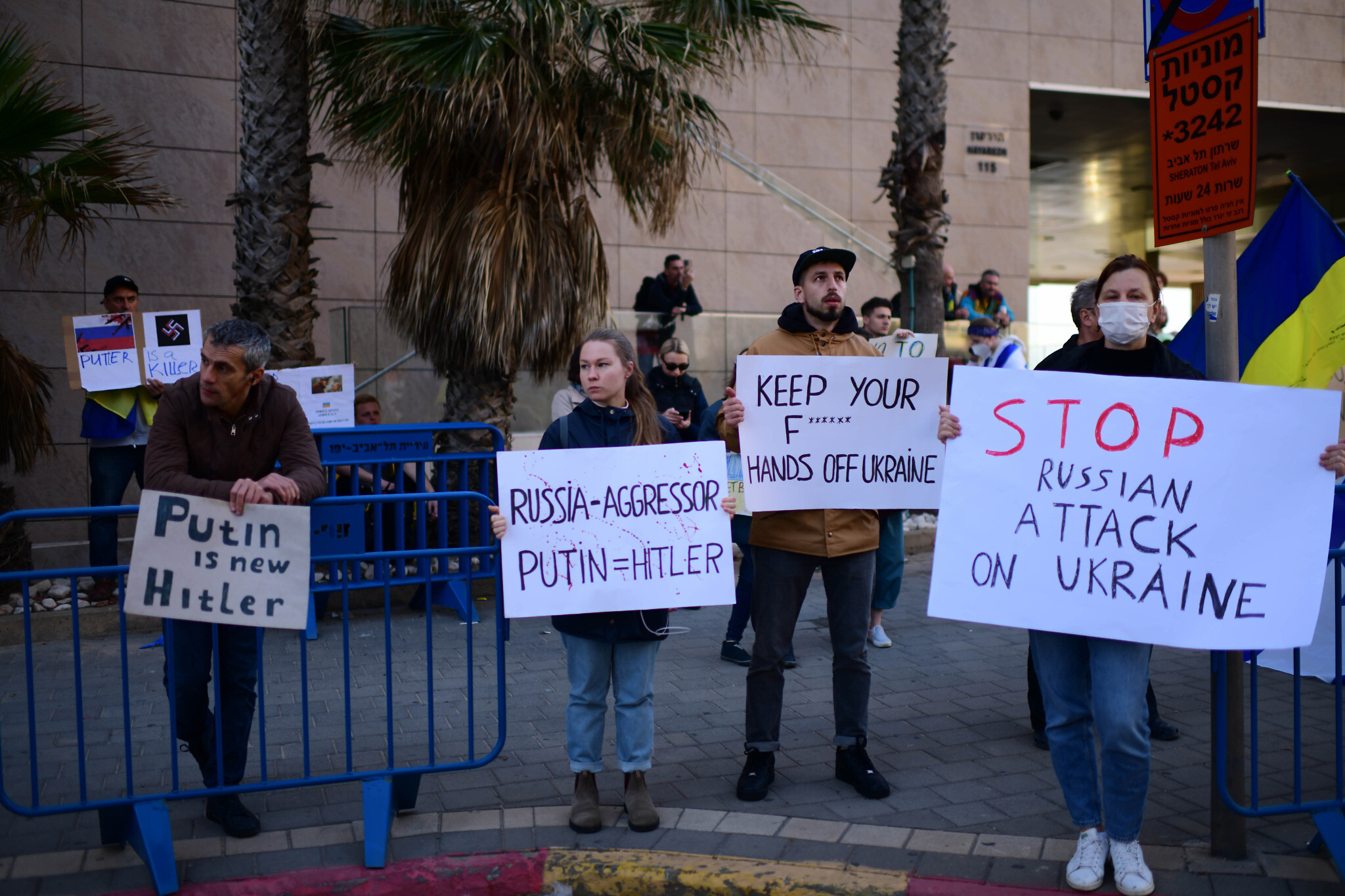This week marks the first real challenge to the intensifying EU sanctions regime against Russia. As expected, it was Hungary that threatened to derail the recovery of the defaults of more than 1,200 people and 100 companies that imposed visa bans and travel moratoriums from the bloc following Russia's full-scale invasion of Ukraine in February.
Budapest demanded the removal of three oligarchs - Alisher Usmanov, Petr Aven and Viktor Rashnikov - from the list before agreeing to extend the regime's sanctions as a whole. After all, the Central European nation took a dramatic turn within 24 hours, apparently after several high-profile phone calls and diplomatic pressure in Brussels.
However, many questions remain.
Perhaps most obvious: why these three?
There are many oligarchs close to Russian President Putin who have been sanctioned, and there is no clear link between these three and Hungary. Or is Budapest only doing this to flatter Moscow? None of the EU officials I spoke to shared their opinion on this matter.
The second obvious question is: what did Hungary get for such a quick exit?
It is not uncommon for EU member states to block politics in order to gain an advantage in other matters - usually money. In light of the harsh winter ahead, rumors have spread that Hungary is demanding money from the EU, which Brussels has so far withheld for fear of violating the rule of law in the country.
In addition, Hungarian justice minister Judit Varga is expected to arrive in Brussels soon to meet with the EU budget commissioner. Rumors have been circulating for weeks that there is some sort of contentious compromise going on between Brussels and Budapest, under which the money will be paid out under certain conditions. Are the sanctions imposed on Hungary this week an attempt to ease conditions or pressure on the European Commission to release funds faster?
The story does not end there - the jar has been discontinued for several months. Hungary has agreed to step down for now, but has said it will raise the issue in various working groups this fall. This will be on the agenda soon, possibly towards the end of the year, when the bloc will discuss the expansion of all economic and sectoral sanctions against Russia. And it will almost certainly be March 2023 when the sanctions list is updated again.
System error
In addition to political interests, there are three other “flaws” in the system that make all this possible.
The most obvious is the rule of unanimity. There has been a debate for years about whether foreign policy decisions in the EU, as in many other policy areas, should move from consensus to some kind of qualified majority. But this requires, you guessed it, unanimity. This is impossible because many countries do not want to give up such a powerful tool, and in many cases even national sovereignty in a very sensitive area.
Hungary has done this brilliantly in recent years, for example by securing an exemption from the EU oil embargo on Russia, lifting sanctions against Patriarch Kirill and earlier relaxing the bloc's arms embargo on Belarus. But Hungary is not alone.
Cyprus has managed to lift stringent requirements to ban Russian purchases from the EU, Germany has managed to extend the phase-out of Russian coal purchases, and many southern countries are campaigning to keep Russian ships out of trouble. list. The list is endless. And everyone does it.
Another problem is that Russian sanctions have to be renewed every six months - and this applies to both economic sanctions and asset freezes and visa bans for individuals. Most other EU sanctions regimes are renewed once a year. In the case of Russia, this gives friendly countries twice as much opportunity to abuse the process for their own political ends. Again, unanimity is needed to change this.
The reason for the various Russian sanctions is that when the initial sanctions were imposed in 2014 after the annexation of Crimea, many EU countries hoped that Moscow could change and the measures could be quickly lifted. Moscow's reversal never happened, but it looks like Brussels is at least hoping for it.
Finally, you have the European Court of Justice. Everyone deserves to be heard because the European Union is proud to be based on the rule of law. Therefore, it is not surprising that the three oligarchs that Hungary wants to get rid of have filed a lawsuit in the Luxembourg court to lift sanctions from them.
Earlier this summer, Usmanov's request for a temporary injunction was denied, meaning his assets remain frozen for the time being. But since they may still have significant assets, they can bring in the best lawyers to find loopholes in the EU case against them.
This was done by several Ukrainian oligarchs and politicians associated with the former Ukrainian President Viktor Yanukovych, who is under sanctions. And instead of embarrassing themselves in their own courts, some EU countries will be forced to argue that delisting is better.





Post a Comment
Post a Comment